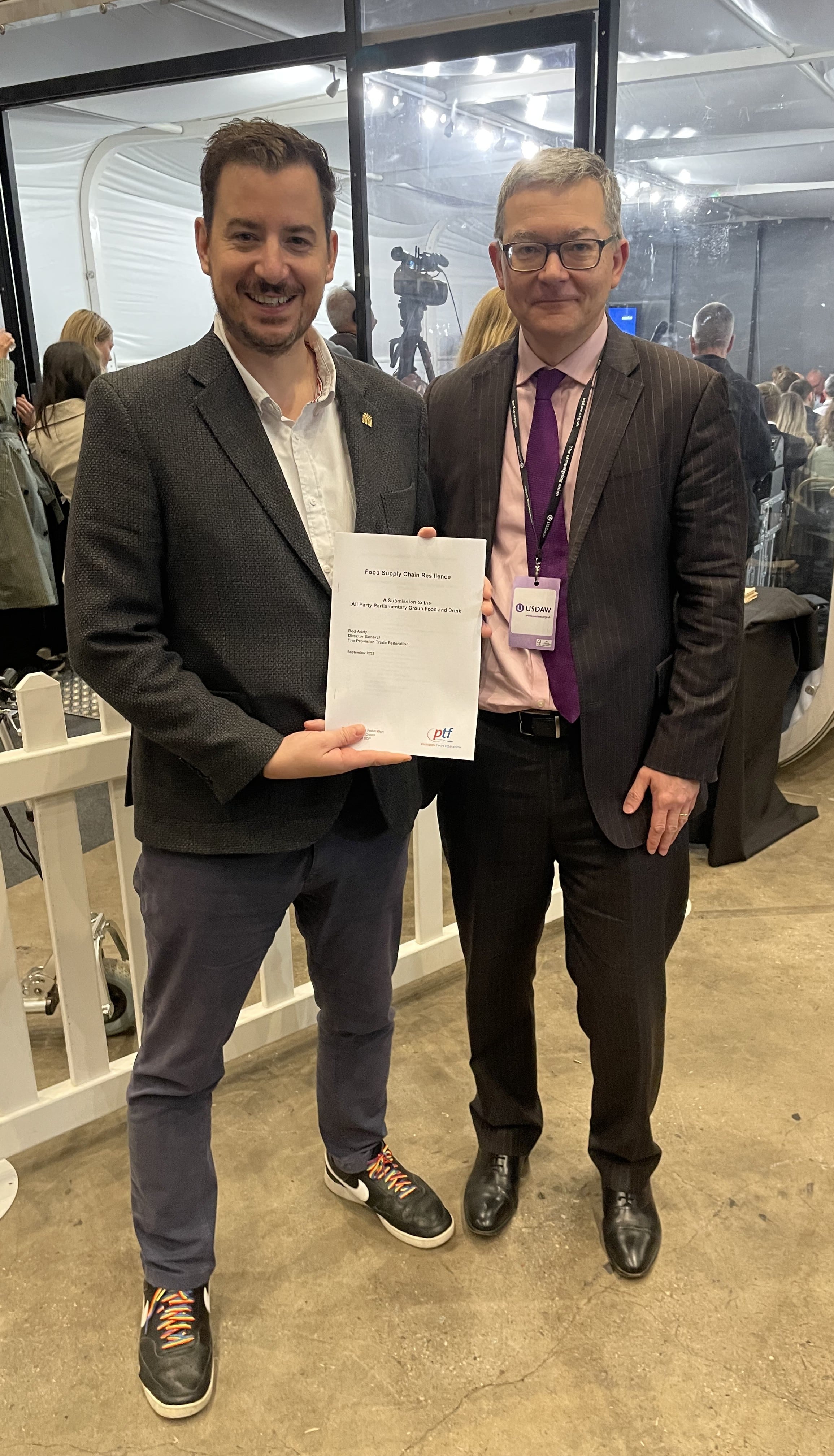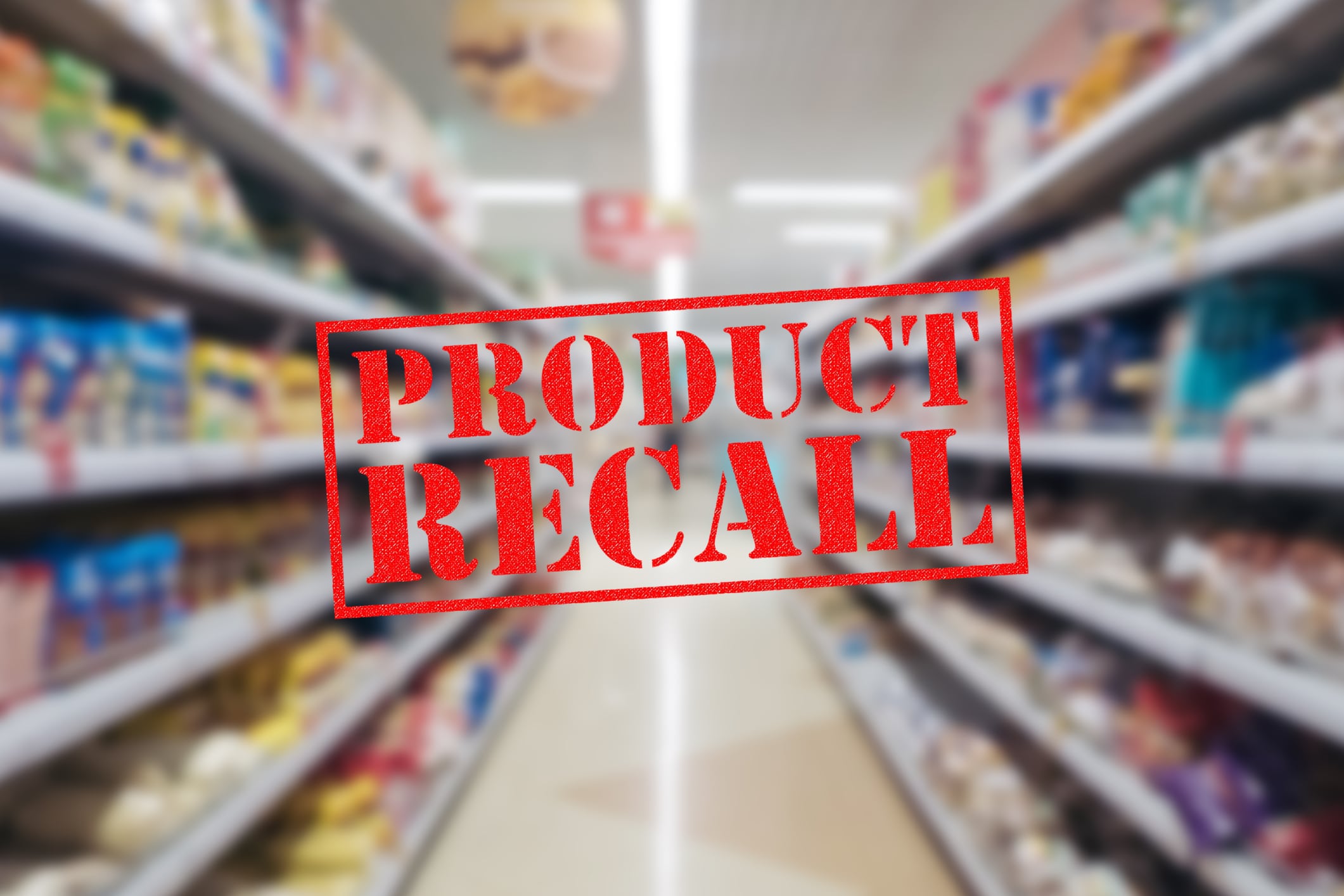These updates mark the latest move by the Food Standards Agency (FSA) to modernise food regulation.
Over the past two years, the FSA has worked closely with local councils and stakeholders to develop proposals for an updated and risk-based approach to food regulation. The publication of the final text comes after a 12-week consultation period earlier this year, with responses published in August.
“This update helps ensure that local councils have a more flexible, risk-based approach to carry out their vital work in a way that’s both effective and sustainable. The changes we’ve made will strengthen the consistency of food law enforcement, support officer development and enhance consumer protection,” commented Rachel Cooper, director of strategy and regulatory compliance.
The updated Food Law Codes of Practice (Codes) and Practice Guidance for England, Wales and Northern Ireland are designed to offer a more flexible, risk-based approach to prioritising initial official controls of new food businesses. This will afford local councils with the flexibility to triage businesses when they first register.
What’s new?
The updates will also allow for a greater use of alternative control methods, including, in some cases, remote assessments allowing local councils more choice to support more efficient use of resource.
Other new additions include the broadening of the cohort of professionals able to undertake certain activities, and the introduction of a new Food Standards Delivery model in Wales. The latter updates how local councils regulate food standards within food establishments and was implemented in England and Northern Ireland in 2023.
At the same time, the FSA has launched a revised competency standard which may be used to ensure that officers undertaking food safety checks are appropriately trained and competent.
‘A nail in the coffin’
Food safety experts have already taken to social media to discuss the implications of the new rules, with some expressing concerns over the use of remote inspections and non qualified officers.
“All for modernising how the profession works but remote inspections are a step too far. RI [remote inspections] will reduce the ability to observe on-site hygiene, structural issues and staff practices directly. It increases the risk of missing subtle visual or sensory cues that you pick up at a physical inspections. This will also reduce confidence in inspection outcomes if used without safeguards,” wrote food hygiene and compliance expert Sandra Moore from Hygenisys on Linked In.
She also raised concerns over the affordability of already cash-poor local authorities finding the money for up-to-date technology to carry out such inspections.
Her post continued: “With regards to using non qualified officers, this makes a mockery of existing qualified officers competencies; would you knowingly have a non qualified medical or legal person tend to your medical or legal needs? Would you knowingly get into a car with someone with out a driving licence?
“Reducing CPD requirements may undermine professional standards and credibility of official controls. Greater burden will be placed on managers to ensure that they are overseeing non qualified staff properly. Increasing stress and affecting their well-being and moral.
“I can see this leading to mistakes or misjudgements in complex food safety cases. There has to be a re-think on this.
“To my mind these changes is another nail in the coffin for the profession.”
Responding to the post, food safety consultant, David Worthington, added: “I conducted RI during the pandemic for a global retailer but that was only because it was that or nothing. I can corroborate that I experienced all of the problems and limitations expressed in this post so would not condone their use as a substitute for physical on site inspections where these are possible.”
However, as another commentator pointed out, the process of remote inspections will only be used in lower risk settings, with remote inspection a technology used in many other industries such as shipping and farming.





